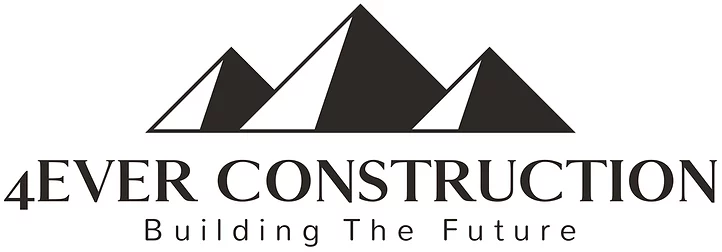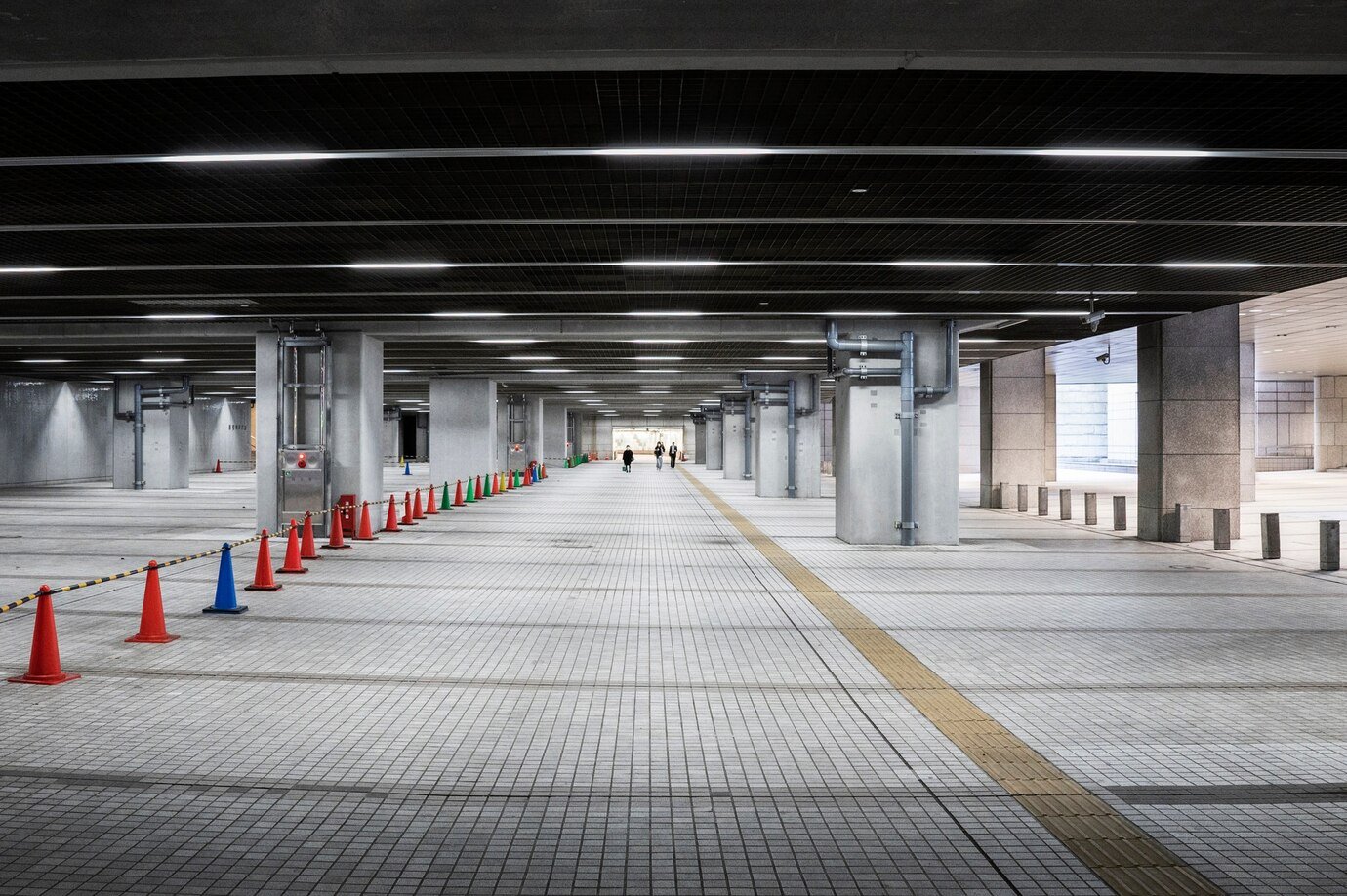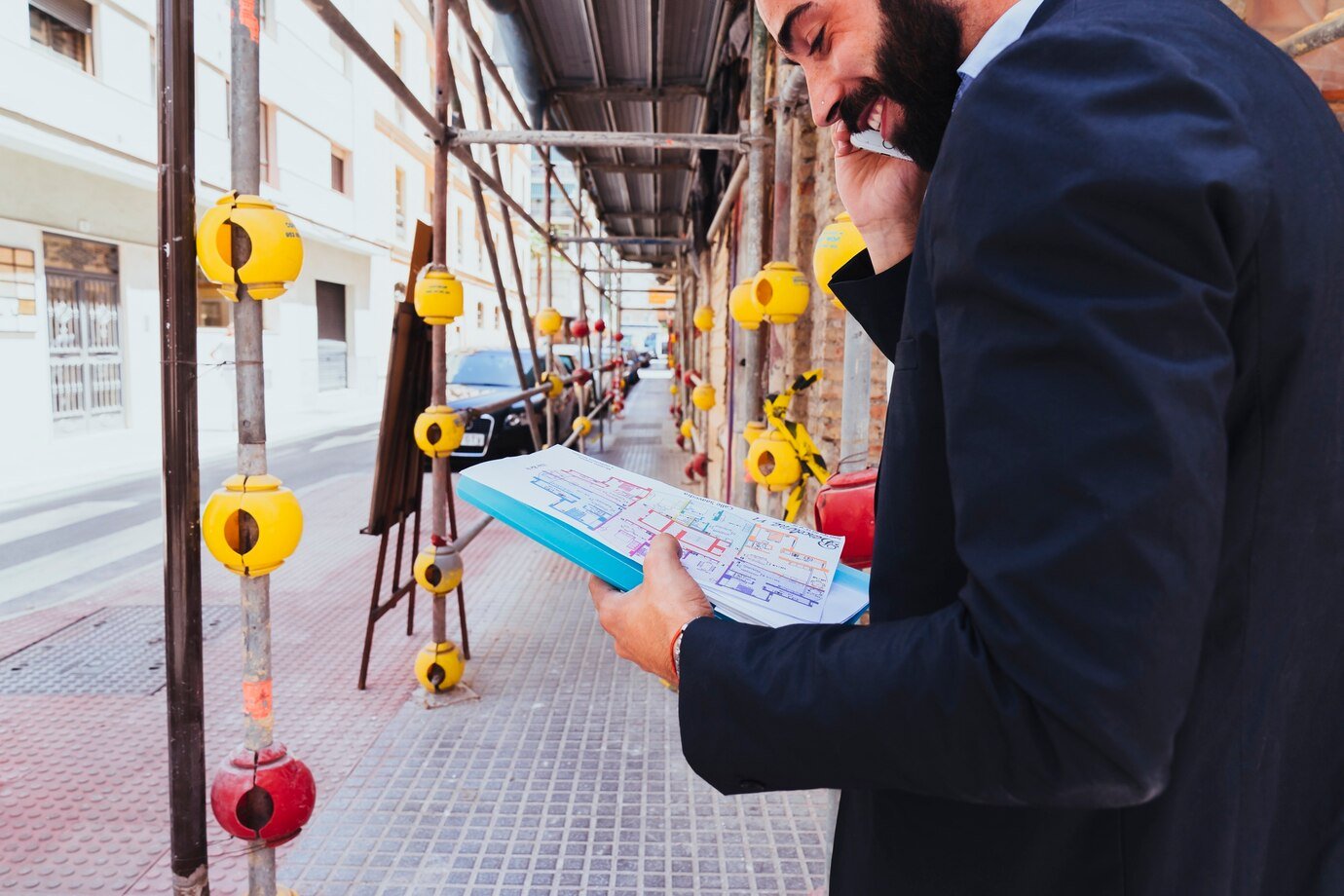Everything You Need to Know About New York State Parking Garage Inspections
Although parking garages are a vital component of the infrastructure of New York State, it is imperative that their structural integrity and safety be maintained. By ensuring that these buildings adhere to safety regulations, the Parking Garage Inspection Rule helps to avert mishaps and extends their useful life. Here is a thorough guide to negotiating the regulations under Local Law 126, which range from operating permits to periodic condition evaluations.
What is the New York State Parking Garage Inspection Rule?
According to this regulation, every parking garage in New York State needs to get an operating permit and have an engineer with the necessary qualifications inspect it every three years. In order to prevent collapses or accidents, the rule seeks to identify unsafe conditions and structural deficiencies and ensures that they are promptly repaired.
Who is Required to Comply?
In order to maintain an operating permit, owners of private, municipal, and state-owned parking garages must comply with the rule, with the following exceptions:
-
Parking lots with only grade-level parking;
-
Attached garages for single-family or two-family homes;
-
Townhouse garages serving individual units.
What Does the Inspection Process Entail?
In order to identify and fix structural deterioration, parking garage inspections entail comprehensive assessments. The procedure consists of:
-
A qualified engineer performs the initial inspection prior to granting new garages an operating authorisation.
-
Periodic Condition Assessments must be performed every three years, or earlier if the engineer suggests it.
-
A condition assessment report is a comprehensive document that lists dangerous issues, suggested fixes, and a remediation schedule.
What Are the Reporting and Filing Requirements?
The engineer creates a Condition Assessment Report following each inspection, which contains the following information:
-
Unsafe or degraded circumstances.
-
Dangers of ignoring problems that have been identified.
-
Suggestions for preventative maintenance.
-
Suggested dates for the upcoming examination.
It is necessary to submit this report to the local enforcement authority.
What Happens in Case of Non-Compliance?
Non-adherence may lead to:
-
Operating permit suspension or revocation.
-
Financial penalties and fines.
-
Liability for harm or losses brought on by dangerous circumstances.
What Are New York City’s Exceptions?
New York City has its own parking garage inspection regulations under Local Law 126 of 2021, even though New York State enforces this ordinance. Separate timeframes and procedures must be established and enforced by the NYC Department of Buildings.
What Makes Inspections of Parking Garages So Important?
The severe winters in New York, with their many cycles of freezing and thawing, hasten the corrosion of steel and concrete. Thus, frequent inspections enable owners to stop catastrophic failures, safeguard property, and maintain public safety by spotting early indicators of degradation like corrosion or spalling.
Protect Your Parking Garage
Make an appointment for your inspection with a qualified expert like 4ever construction to stay ahead of compliance. To keep your garage secure, save aside money for any essential repairs and practise preventative maintenance. You may contribute to a safe and sustainable urban environment by extending the lifespan of your building and ensuring public safety by following New York State’s parking garage inspection regulations.



